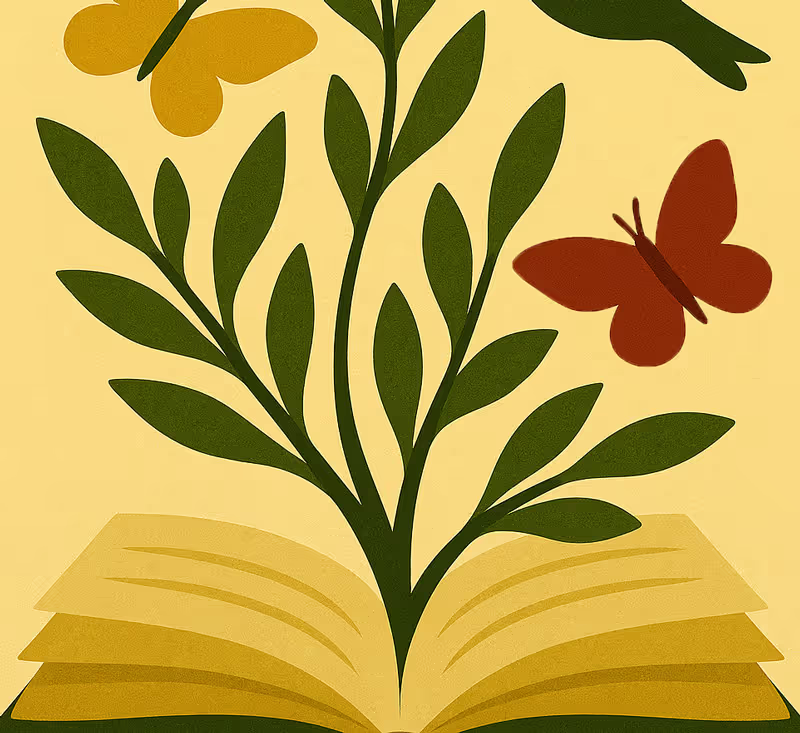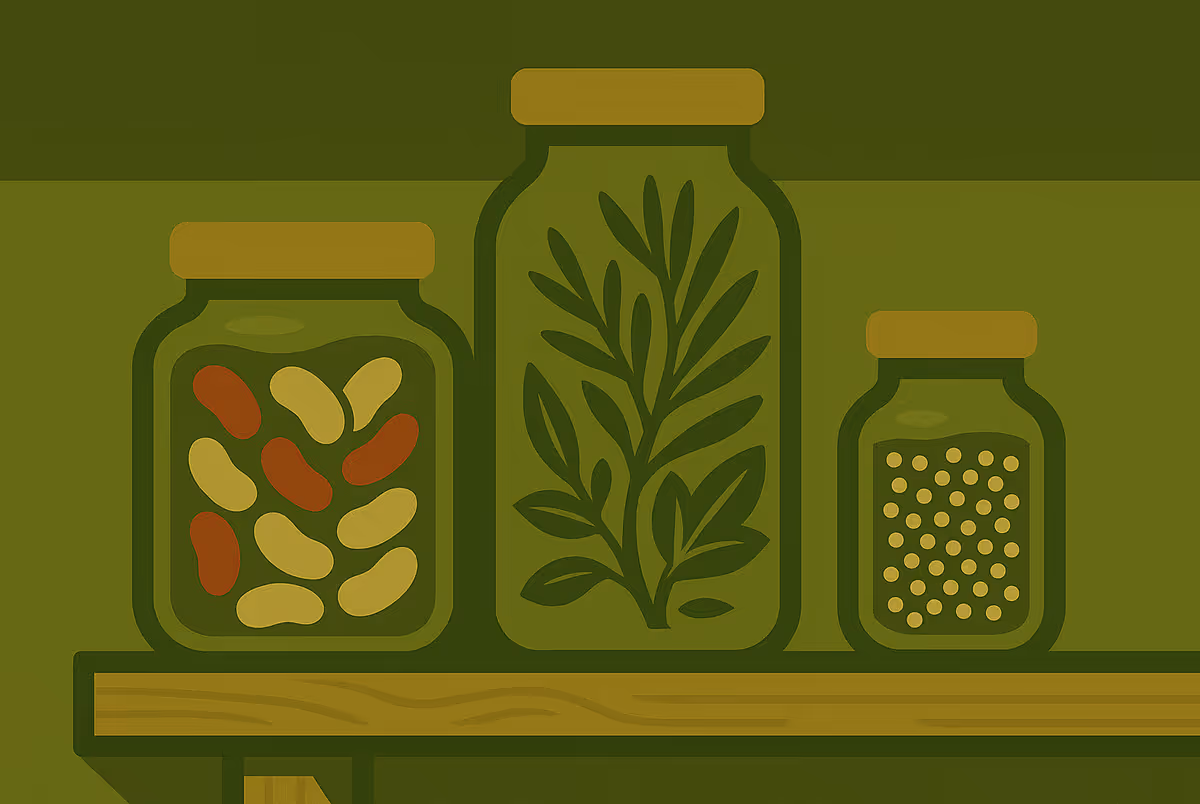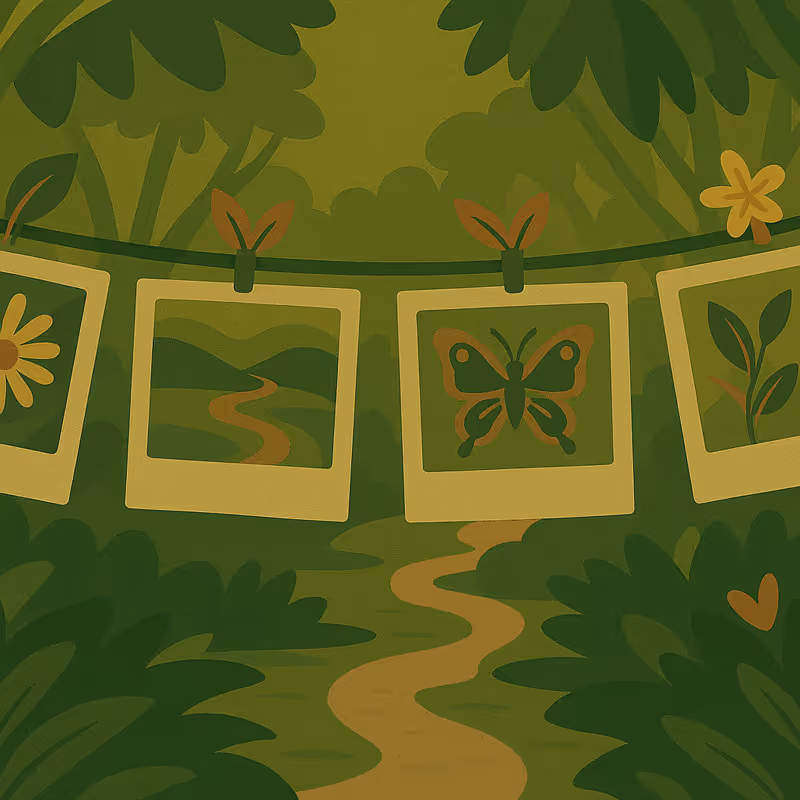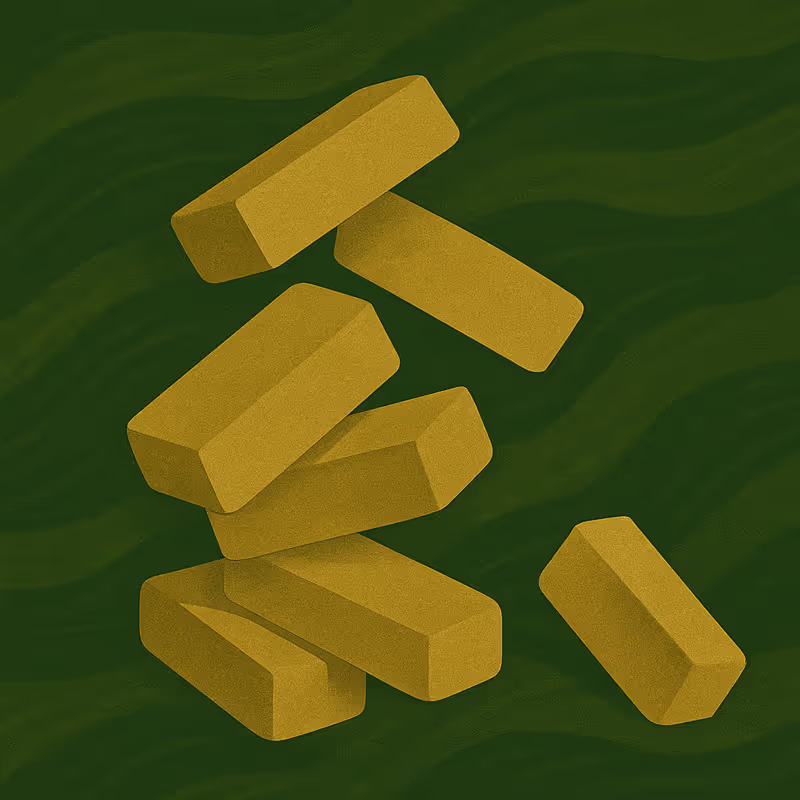Potential Impacts
The simplicity and accessibility of Biodiversity Jenga make it a valuable tool for raising awareness and starting conversations, some potential impacts include:
- Create space for dialogue on biodiversity, including personal and cultural connections to nature.
- Build a foundation for further engagement by fostering connections among players and between players and facilitators.
- Invite reflection on shifting views about biodiversity. For instance, asking light questions such as: Do you still dislike snails?
- Provide an enjoyable and accessible activity that can open the door to deeper engagement. The simplicity of the game may encourage participation even from those less enthusiastic about games, making them more receptive to a longer or more complex activity such as PATHBREAK: a Biodiversity–Food–Governance game.
- Encourage cascading effects, where participants take the idea away and use it in new contexts. For example, children may want to play it at home, generating further conversations and shared ideas. Facilitators can support this by offering simple guidance on how to choose themes and link them to relevant facts.
- Use the game as an entry point for conversation. Facilitators can share ecological facts or invite participants to contribute their own insights. This can work particularly well in community settings where biodiversity might be seen as a sensitive or uninteresting subject. By embodying a plant or animal in the game, participants may develop new curiosity and a stronger sense of connection.
A simple pre- and post-game reflections can help facilitators understand shifts in understanding or attitudes. However, this game is most effective when used as part of a broader programme of biodiversity education or engagement.
Expanding the Concept
The following links provide examples of related biodiversity and ecosystem games based on JENGA, along with articles that explore their educational potential and underlying ecological concepts:
- Peruvian Food Chain Jenga – Action for the Ocean Toolkit
A JENGA®-based game adapted to explore marine food chains and overfishing dynamics. - Game-based learning for ecosystem awareness – University of Nebraska
An academic resource on using games to teach ecosystem complexity and environmental interconnections. - The Conversation: Wildlife conservation needs to change – and the game of Jenga can help us see why
A popular science article highlighting the use of JENGA® as a metaphor for biodiversity collapse. - Science: Extinction risk from climate change
A foundational study on species loss under climate change, useful for contextualising the importance of biodiversity resilience.






















